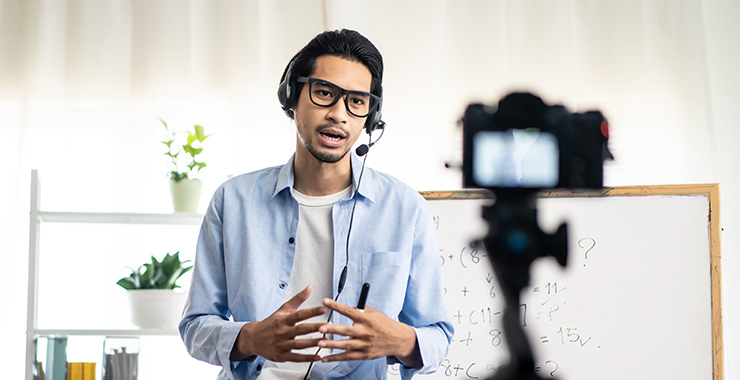Copyright laws are essential for protecting creative works from unauthorized use and ensuring that creators receive recognition and compensation for their efforts. Navigating these laws effectively can safeguard your creative work and prevent potentially costly copyright issues.
What is Copyright?
Copyright is a legal right that grants the creator of an original work exclusive rights to its use and distribution, usually for a limited time, with the intention of enabling the creator to receive compensation for their intellectual effort. It covers a wide range of creative works, including literature, music, art, and software.
Key Elements of Copyright Protection
- Originality and Fixation
To qualify for copyright protection, a work must be original and fixed in a tangible medium. Originality means the work must be independently created by the author and possess some minimal degree of creativity. Fixation refers to the work being recorded or saved in some form that others can access.
- Rights Granted
Copyright grants several exclusive rights to the creator, including the rights to reproduce the work, prepare derivative works, distribute copies, and perform or display the work publicly.
Strategies to Protect Your Creative Work
While copyright protection exists automatically upon creation of the work, registering your copyright with the relevant government office provides additional benefits. Registration creates a public record of your copyright claim and is necessary before filing a lawsuit for copyright infringement. Using a copyright notice along with your name and the year of first publication informs the public that your work is protected by copyright. Although not legally required, it can deter potential infringers and help in proving your ownership in case of a dispute. Consider licensing your work to others under specific terms and conditions. Licensing agreements outline how others can use your work and under what circumstances. Contracts can also include clauses addressing attribution, royalties, and conditions for termination of the license. Regularly monitor the use of your work online and offline to detect any unauthorized use or infringement. Utilize digital tools and services that can help identify unauthorized copies or uses of your work. If infringement occurs, consider sending a cease-and-desist letter or taking legal action if necessary and click site https://medium.com/@clipdotcafe/avo…on-social-media-like-youtube-and-6888798256da.

Preventing Costly Copyright Strikes
Understanding copyright laws and educating others about them can prevent unintentional violations. Ensure that collaborators, employees, or clients are aware of copyright issues and respect your rights. When using others’ work, always seek permission or determine if the work is in the public domain or covered under a suitable license. This avoids potential legal consequences and respects the rights of other creators. Understand the concept of fair use, which allows limited use of copyrighted material without permission for purposes such as criticism, commentary, news reporting, teaching, scholarship, or research. Familiarize yourself with the factors courts consider when determining fair use. Navigating copyright laws effectively involves understanding the rights and responsibilities associated with creative works, taking proactive steps to protect your own creations, and respecting the rights of others. By implementing these strategies, you can safeguard your creative work, mitigate risks of copyright infringement, and ensure that you can continue to benefit from your intellectual property rights.
